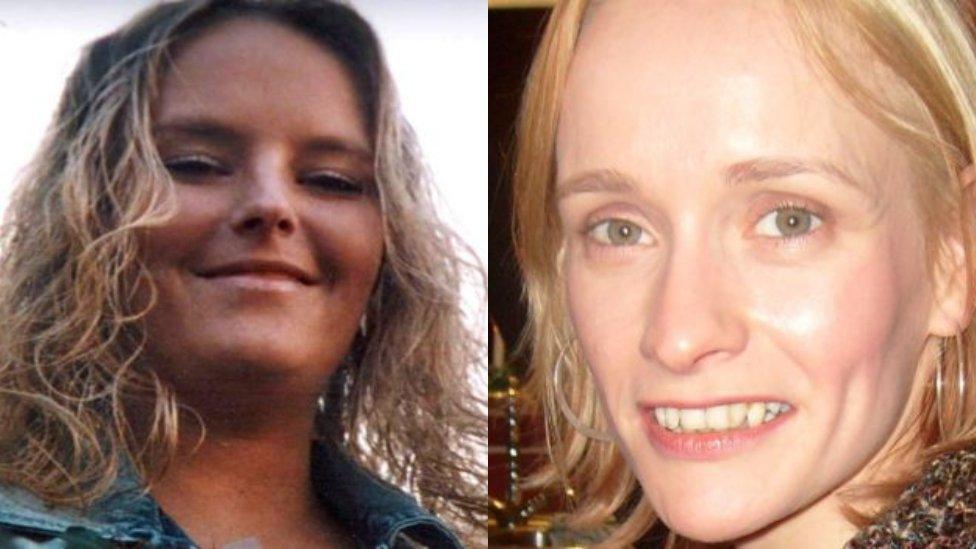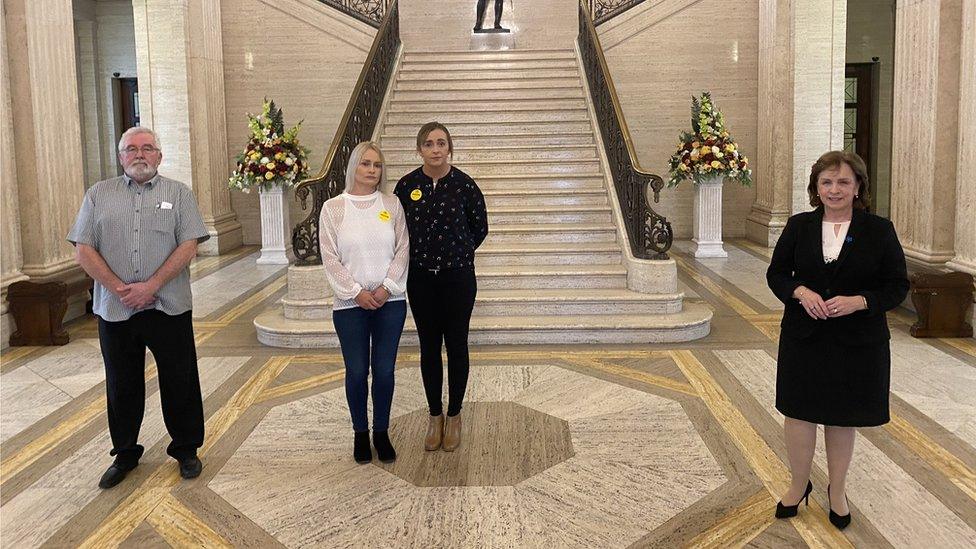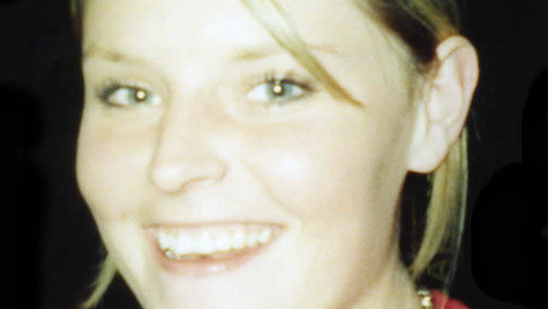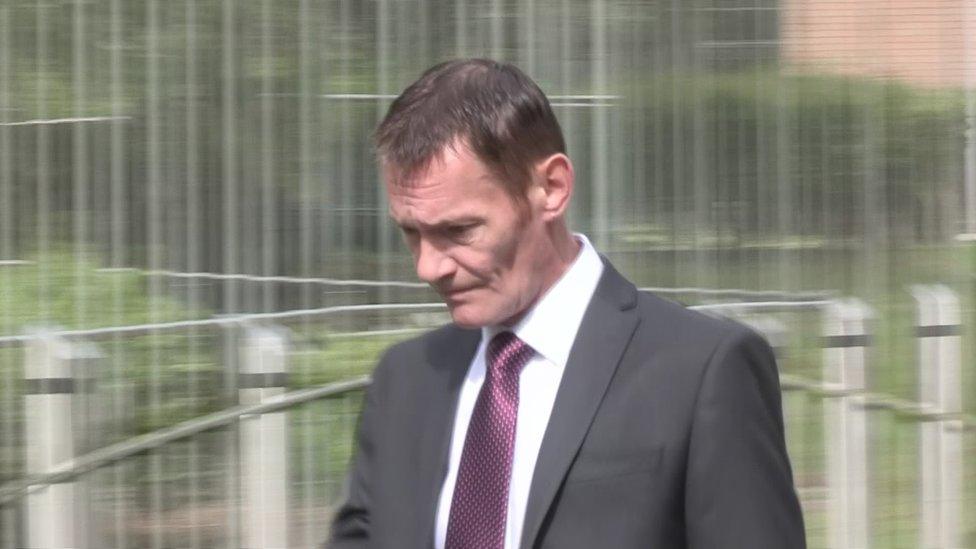Stormont backs calls for 'no body, no parole' law
- Published

The families of Lisa Dorrian and Charlotte Murray, whose bodies have not been found, support the motion
The NI Assembly has passed a motion saying killers who refuse to disclose the location of their victim's body should be denied parole.
The proposal was based on Helen's Law, which was passed by MPs in March.
It will also apply to those convicted of manslaughter and child sex offenders who do not reveal a victim's identity.
The proposal has been supported by the families of Lisa Dorrian and Charlotte Murray whose bodies have not been found.
The motion called on the justice minister to "introduce urgently equivalent legislation" and "recognises the ongoing pain and trauma experienced by families in Northern Ireland".
Although it has passed, it does not mean the law has changed at this stage.
Lisa Dorrian, from Bangor, was last seen at a caravan site in Ballyhalbert in County Down in 2005.
Detectives believe she was murdered by someone she knew, but no-one has been convicted.
Her sister Joanne, speaking on the 15th anniversary of her disappearance in February, said her family's lives have been "ruined" by what happened.

Members of the Dorrian and Murray families met Economy Minister Diane Dodds at Stormont last week
Charlotte Murray, from Omagh, disappeared in 2012.
Her ex-fiance Johnny Miller was found guilty of her murder in 2019.
Speaking in February 2020, after Miller was told he must serve a minimum 16 years of his life sentence, Charlotte Murray's sister Denise said the family wanted to say its goodbyes "in peace".
"This is a cruel suffering that he has put upon us," she said.
The Prisoners (Disclosure of Information About Victims) Bill, known as Helen's Law, followed the murder of Helen McCourt in Merseyside in 1988.
Her killer Ian Simms was released from prison without disclosing the location of her remains.
That legislation places a statutory obligation on the Parole Board to take into account an offender's non-disclosure of certain information when making a decision about their release from prison.
Monday's motion, put forward by the Democratic Unionist Party (DUP), called for the Justice Minister Naomi Long to "introduce urgently equivalent legislation" and "recognises the ongoing pain and trauma experienced by families in Northern Ireland".
The law being proposed goes further than Helen's Law, whereby the Parole Board would be unable to grant parole to a convicted murder where the location of their victim's missing body remains undisclosed.
During the debate Mrs Long paid tribute to both the Murray and Dorrian families.
"We must not forget as we discuss this motion that these tragic losses are a personal tragedy for them and will affect their lives forever," she said.
In relation to parole decisions, Mrs Long said "the least victims deserve is to be told the rationale for decisions".
DUP MLA Paul Givan, chairman of Stormont's justice committee, thanked both families for giving voice to the motion.
He said it was an "absolute tragedy" for the families and called for those with information of their loved one's remains to come forward.
"We want to have action, we want to see the justice minister act on that," he added.
- Published3 March 2020

- Published1 April 2019

- Published10 February 2020
